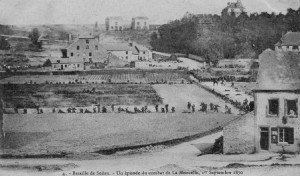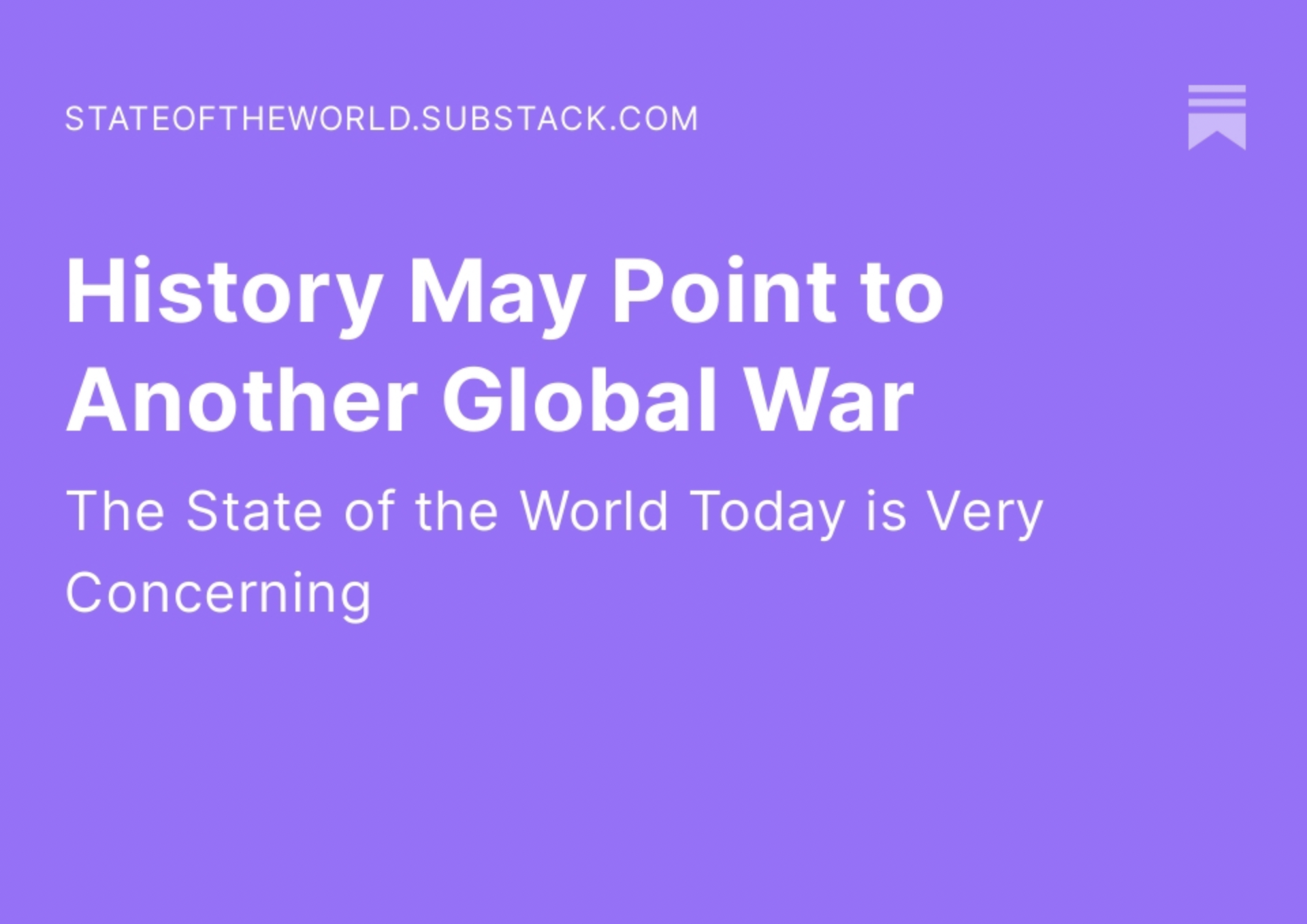The Wars of Prussia (1792-1871): From the French Revolution to the Franco-Prussian War
Prussia is a country that no longer exists. The last hundred years or so of it’s existence Prussia was one of the most powerful of the several dozen independent German states. Originally founded by the Teutonic Knights, Prussia evolved over several centuries of war with neighboring Poland, Lithuania, Russia, Sweden, Austria, other German states, as well as the old foe in France, to become a very efficient, militarized nation that was able to successfully unite the various pieces of Germany into a single, united German Empire. The following list of Prussian wars shows the progression of wars and conflicts that enabled Prussia to grow. While part of the coalition against the radical French Revolution in the 1790s, and as one of the conservative forces that put down the revolutions of 1830 and 1848, Prussia evolved from an absolute monarchy to one of the more democratic parliamentary monarchies in Europe by the 1870s. With a population that was (compared to most of Europe at the time), fairly well-educated, and possessing a growing industrial economy, Prussia was well-placed to assume leadership of a united Germany. Unfortunately for Germany and the rest of Europe, the hard feelings left over from the Franco-Prussian War would fester and be one of the leading causes of World War One.
Wars of the French Revolution/Napoleonic Wars-The French overthrew their king and created the First Republic. European nations ruled by kings and emperors were shocked and frightened by the overthrow of King Louis, and attempted to end the Revolution.
War of the First Coalition (1792-1795)-Prussia, along with other royal powers who feared the threat represented by the bloody French Revolution against royalty and monarchy, invaded Revolutionary France in an attempt to crush the Revolution and restore the French monarchy to power. France raised huge citizen armies to battle the relatively small, professional armies of the invading powers. The French armies defeated the allied forces and preserved the Revolution.
War of the Fourth Coalition (1806-1807)-Prussia and Austria were defeated by France. Prussia was forced to accept a French army of occupation and had to become an ally of France, contributing troops to his ongoing wars.
Polish Uprising Against Prussia (1806)-The Poles were successful in part because of aid from the French against Prussia.
French Invasion of Russia (1812-1813)-Prussia was a forced ally of France. Some 20,000 Prussian troops accompanied Napoleon’s huge, multi-national army into Russia, the subsequent defeat of Napoleon led to Prussia breaking free of French control and renewing their fight against the French Emperor.
War of the Sixth Coalition (1813-1814)-Prussia joined Russia, Austria, Sweden, and other allied nations in the final push to defeat Napoleon. The Battle of Leipzig in Germany was the turning point, forcing Napoleon to retreat back to France. Allied forces followed, invading France and marching into Paris. Napoleon surrendered and was sent into exile on the island of Elba.
War of the Seventh Coalition (1815)-This was the shortest of the Napoleonic Wars. With Napoleon’s return from exile on the island of Elba, the Coalition powers scrambled to put their armies in the field against Napoleon. Only the British and the Prussians had forces available, and both of these allies marched forward to engage Napoleon and his resurgent French Empire. The British under Wellington, and the Prussians under Blucher met Napoleon on the battlefields of Belgium, near a town called Waterloo. There, in one of the most dramatic battles in history, the British and Prussians put an end to the threat represented by Napoleon.
Polish Uprising of 1830-Though the main focus of the Polish uprising was in the Russian-ruled portion of Poland, a smaller and shorter rebellion took place in Prussian-ruled Poznan.
The First Schleswig War (1848-1851)-The German Confederation, backed by Prussia, attempted to “liberate” the area of Schleswig from Denmark. The German effort failed.
Wars of German Unification
The Second Schleswig War (1864) -Prussia and Austria joined together to fight against Denmark for the Danish territories of Schleswig and Holstein. The two powerful German powers defeated Denmark fairly easily.
The Austro-Prussian War/Seven Weeks War (1866)-The long political, economic, and diplomatic debate over who would dominate the future of Germany was settled in this Seven Weeks’ War as superior Prussian military might defeated the Austrians. One result of this short war was the expulsion of Austria from Germany. Until the forced annexation of Austria into Nazi Germany in the 1930s, Austria was not considered to be a part of the “German Nation.”
The Franco-Prussian War (1870-1871)-This final war of German Unification pitted a united Germany, led by the Kingdom of Prussia, against the Second French Empire, led by Emperor Napoleon III. The united German forces defeated the French and occupied much of France. As a result of this war, all of the German states united into a new German Empire, led by the Prussian king. From this point on, Prussian history is melded into the history of a united Germany. Another result of this war was the harsh terms of peace dictated by the Germans on the French. France had to pay a large financial cost (enforced by German military occupation until it the war debt was paid off), as well as losing two border territories to Germany. The loss of Alsace and Lorraine galled the French and was a major point of hatred toward Germany. The French assumed that a new war with Germany would occur at some point, and they prepared for that day by increasing their military readiness and by entering into a series of alliances with other nations to help them in the future war with Germany. The Germans too, knew that a future war would occur with France, and also planned accordingly. That future war would begin in 1914, and would be known as the First World War. See also: Wars of Germany


Comments are closed, but trackbacks and pingbacks are open.